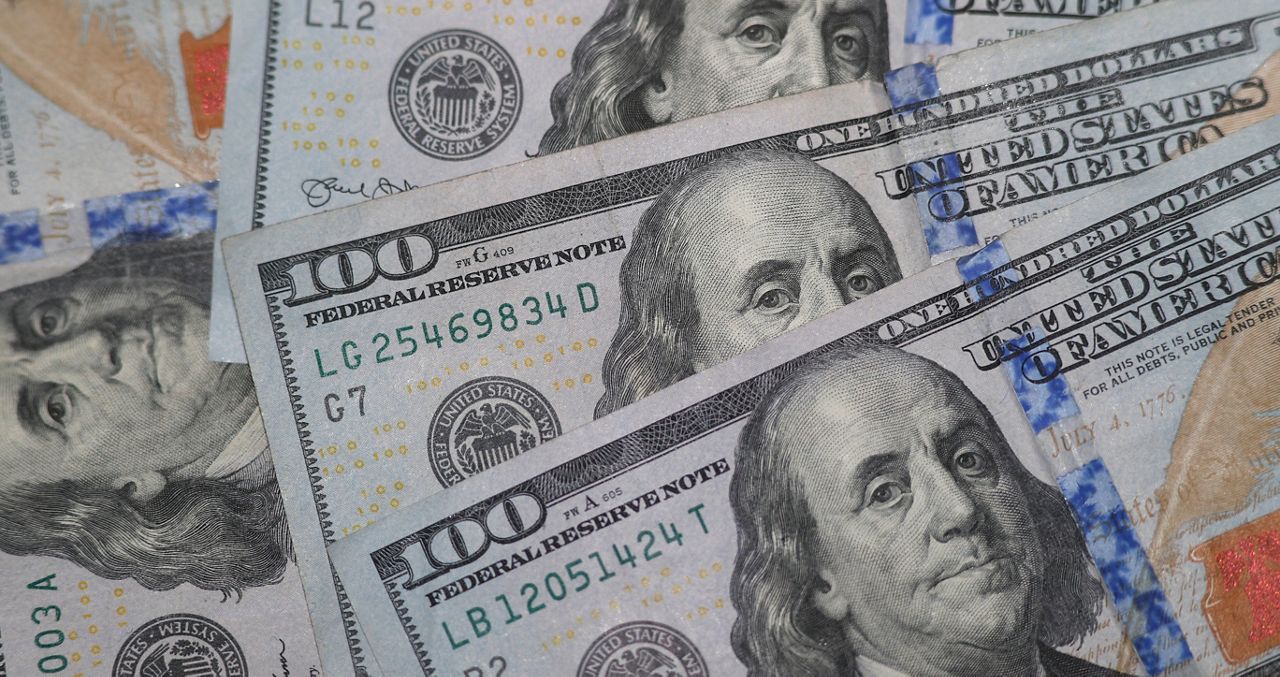The Citizens Budget Commission (CBC) last week released a report detailing how to close the state’s budget gap without resorting to 20% cuts to localities and education Governor Andrew Cuomo warned about at the end of April after the release of an updated state financial plan.
According to that budget report, revenues were $13 billion below projections. But in “New York State's Hard Choices: Next Steps to Address Fiscal Stress”, the CBC’s Director of State Studies David Friedfel and Senior Advisor for Health Policy Charles Brecher have calculated that the actual amount of this year’s gap is $8 billion.
“The Governor has talked a lot about this $13.2 billion gap which is kind of a comparison to the way things were when the executive budget came out versus where revenues look today,” explained the CBC’s Friedfel.
“It doesn’t account for federal aid that’s come in since then, as well as some cuts that the legislature and the Governor agreed to as part of the enacted budget,” he told Spectrum News.
“So when you take all those things into account, the gap that’s left to be closed is about $8 billion.”
That number comes with a few assumptions, including that the federal government will pay for all current COVID-19 related costs, which it has promised to do. It also assumes the that the economic situation doesn’t get worse than current projections.
So, the gap could get wider. But right now? It’s $8 billion.
To close the gap, and to cause “less pain”, the CBC recommends a smorgasbord of tax changes, school aid distribution changes, a reduction in capital spending and utilizing less "pay-go financing".
Friedfel and Brecher also recommend using rainy day reserves.
“It’s raining,” said Friedfel. “It’s time to access those reserves instead of making those cuts that would be bad for the state’s long-term sustainability.”
The CBC’s framework for thinking about cuts acknowledges that these are hard choices, “but there are things that New York can do to make sure that we stay competitive in the future from an economic perspective,” Friedfel explained.
The goal? Minimize the impact on small local governments and school districts while at the same time, balancing the state’s budget.
Tax changes are among the less esoteric ideas the CBC is recommending; these include freezing the middle class income tax rates at the 2020 level which are scheduled to decrease slightly in 2021 and each year through 2024.
“We think it makes sense, given the current situation, to freeze those rates where they are,” said Friedfel.
Another tax change: The CBC also recommends eliminating the sales tax exemption on clothing that costs less than $110.00 -- that’s another $900 million, per year.
Additionally, if the COVID-19 health emergency extends into the next fiscal quarter, the CBS says New York State will receive an additional $700 million in FMAP funding, which could also help close the gap.



